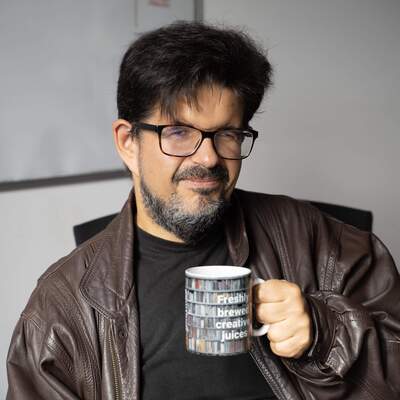"While I once hoped 2017 would be the year of privacy, 2024 closes on a troubling note, a likely decrease in privacy standards across the web. I was surprised by the recent Information Commissioner’s Office post, which criticized Google’s decision to introduce device fingerprinting for advertising purposes from February 2025. According to ICO, this change risks undermining user control and transparency in how personal data is collected and used. Could this mark the end of nearly a decade of progress in internet and web privacy? It would be unfortunate if the newly developing AI economy started from a decrease of privacy and data protection standards. Some analysts or observers might then be inclined to wonder whether this approach to privacy online might signal similar attitudes in other future Google products, like AI.
I can confidently raise this question, having observed and analyzed this area for over 15 years from various perspectives. My background includes experience in web browser security and privacy, including in standardization. I served in the W3C Technical Architecture Group, and have authored scientific papers on privacy, tracking, and fingerprinting, as well as assessments of technologies like Web APIs. This includes the Privacy Sandbox’s Protected Audience API. I was looking forward to the architectural improvements of web privacy. In other words, I am deeply familiar with this context. The media so far have done a great job bringing attention to the issue, but they frame this development as a controversy between Google’s policy change and the UK ICO’s concerns. I believe that the general public and experts alike would benefit from a broader perspective."
#Google #Surveillance #AdTracking #Privacy #DataProtection
Ads? Combine Snowden info, which is now very old, with Google kissing the ring. Where does that leave our data?
Before that goes full conspiracy, consider this. Organizing the Floyd protests during COVID happened online via open social media. It was followed by the public in much the same way.

